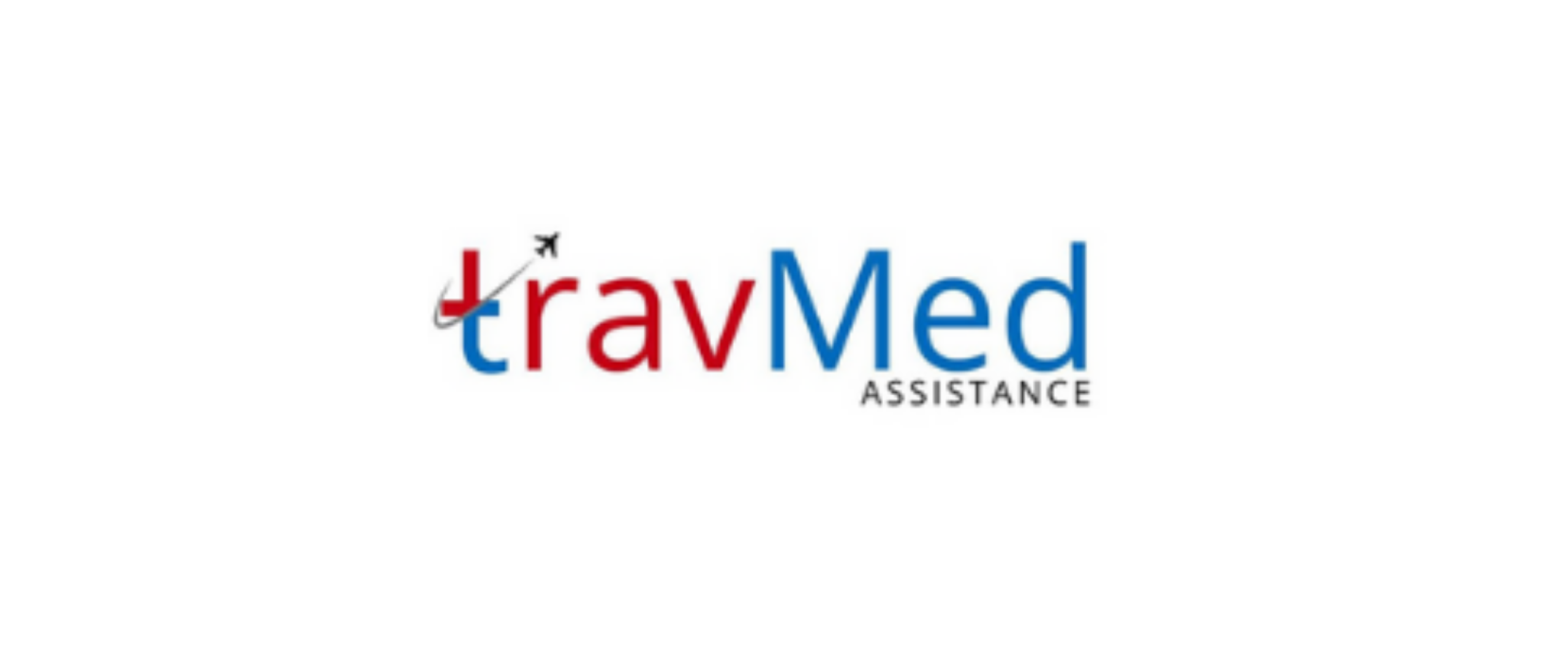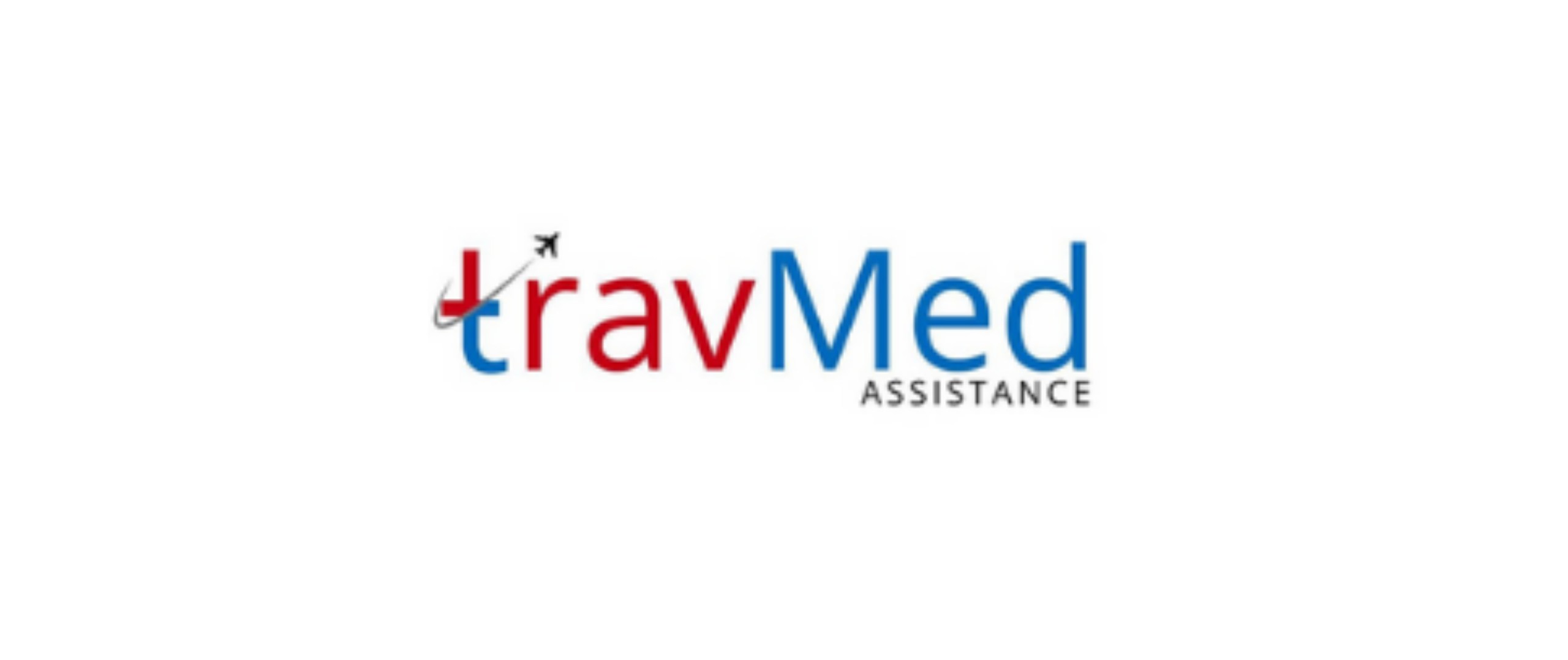
A medical referral in Nepal is a formal process where a patient is directed from one healthcare provider to another for specialized care, diagnosis, or treatment. For foreigners in Nepal, this often involves being referred from a general practitioner or local clinic to a more specialized hospital or medical center. The referral system aims to ensure patients receive appropriate care based on their specific medical needs. In Nepal, referrals may be necessary due to limited medical facilities in rural areas or the need for advanced treatments only available in major cities. Referrals can be for various medical services, including consultations with specialists, diagnostic tests, surgical procedures, or specialized treatments not available at the initial point of care.
Who provides referral services for foreigners?
Referral services for foreigners in Nepal are provided by various entities within the healthcare system. Primary care physicians, local clinics, and hospitals can initiate referrals to specialized medical facilities. Additionally, several organizations cater specifically to foreigners’ medical needs:
- Travel insurance companies with local partnerships
- International medical assistance organizations
- Embassies and consulates with medical liaison offices
- Private medical concierge services
- Nepali hospitals with international patient departments
- Telemedicine platforms connecting patients to specialists
- NGOs focusing on healthcare for expatriates and travelers
These providers often have networks of healthcare facilities and specialists across Nepal, ensuring foreigners can access appropriate medical care regardless of their location within the country.
How does the referral process work?
The medical referral process for foreigners in Nepal typically follows these steps:
- Initial consultation with a local healthcare provider
- Assessment of the patient’s condition and need for specialized care
- Identification of an appropriate specialist or medical facility
- Preparation of a referral letter detailing the patient’s condition and reason for referral
- Arrangement of an appointment with the referred specialist or facility
- Transfer of relevant medical records and test results
- Coordination of transportation if necessary
- Follow-up communication between the referring and receiving healthcare providers
- Ongoing care management and potential return to the original provider
For foreigners, this process may also involve coordination with insurance providers, embassy services, or international medical assistance organizations to ensure smooth transitions and appropriate coverage for the referred services.
What documents are required for referrals?
Foreigners seeking medical referrals in Nepal need to prepare several documents to facilitate the process:
- Valid passport and visa
- Travel insurance policy details
- Medical history records
- Recent test results and medical reports
- Referral letter from the initial healthcare provider
- Prescription medications list
- Emergency contact information
- Consent forms for medical procedures
- Proof of payment or insurance coverage
- Translator’s contact information (if applicable)
- Copy of any advance medical directives
- Immunization records
Having these documents readily available expedites the referral process and ensures that receiving healthcare providers have comprehensive information about the patient’s medical background and current condition.
How much do referral services cost?
The cost of medical referral services for foreigners in Nepal varies widely depending on several factors:
- Type of medical condition and required treatment
- Complexity of the referral process
- Distance between the referring and receiving facilities
- Level of coordination and assistance required
- Inclusion of translation or transportation services
- Administrative fees charged by referral service providers
Basic referrals may cost between $50 to $200 USD, while complex cases involving multiple specialists or remote locations can exceed $1000 USD. Some costs may be covered by travel insurance or international health plans. It’s advisable for foreigners to clarify potential expenses with their insurance provider and the referral service before proceeding. Additionally, public hospitals in Nepal generally offer lower-cost referrals compared to private facilities, though services may be more limited.
Are referral services available nationwide?
Medical referral services for foreigners are available throughout Nepal, but the extent and quality of services can vary significantly across the country. Major cities like Kathmandu, Pokhara, and Chitwan offer the most comprehensive referral networks, with access to specialized hospitals and clinics. In rural areas, referral services may be more limited, often necessitating transfer to urban centers for complex medical issues. Telemedicine initiatives are expanding the reach of referral services to remote regions, allowing local healthcare providers to consult with specialists in major cities. However, foreigners in very remote areas may face challenges in accessing immediate referral services, potentially requiring medical evacuation to better-equipped facilities. Travel insurance companies and international assistance organizations often have nationwide networks to facilitate referrals from any location in Nepal.
How long does the referral process take?
The duration of the medical referral process for foreigners in Nepal can vary significantly based on several factors:
- Urgency of the medical condition
- Availability of specialists or required medical facilities
- Location of the patient within Nepal
- Complexity of the medical case
- Efficiency of the referral service provider
- Completeness of required documentation
For non-urgent cases, the referral process typically takes 1-3 business days from initial consultation to appointment with a specialist. Emergency referrals can be expedited, often completed within hours. Complex cases requiring multiple specialist consultations or transfers to distant facilities may take up to a week to arrange. Factors such as public holidays, transportation challenges in remote areas, or the need for specific medical equipment can extend the timeline. Foreigners should communicate any time constraints to their referral service provider to ensure the process aligns with their travel plans or medical needs.
Who monitors referral services in Nepal?
The monitoring of medical referral services in Nepal involves multiple entities:
- Ministry of Health and Population
- Nepal Medical Council
- Department of Health Services
- Nepal Health Professional Council
- District Health Offices
- Professional associations for medical specialties
- International accreditation bodies for hospitals
- Patient rights organizations
- Travel insurance companies (for services provided to their clients)
- Embassies and consulates (for services to their nationals)
These organizations oversee various aspects of referral services, including quality of care, ethical practices, adherence to medical standards, and patient safety. However, the level of monitoring can vary, especially in remote areas. Foreigners are encouraged to research the credentials and reputation of referral service providers and seek recommendations from trusted sources such as embassies or international medical assistance organizations.
Are services available for emergencies?
Emergency medical referral services are available for foreigners in Nepal, operating 24/7 to address urgent health concerns. These services prioritize rapid response and immediate care coordination:
- Ambulance services for quick transportation to appropriate facilities
- Direct admission to emergency departments in major hospitals
- Expedited specialist consultations for critical cases
- Coordination with air ambulance services for remote locations
- Immediate liaison with insurance providers for coverage approval
- Fast-track processing of necessary documentation
- On-call translators for language assistance in emergencies
- Coordination with embassies for consular support if needed
- Tele-consultation with specialists for guidance in remote areas
Foreigners should keep emergency contact numbers readily available, including those of their insurance provider, local emergency services, and nearest embassy. In tourist areas, many hotels and travel agencies can also assist in accessing emergency referral services quickly.
How do I access referral services?
Foreigners can access medical referral services in Nepal through various channels:
- Contact your travel insurance provider for guidance
- Consult with your embassy or consulate for recommended services
- Visit a local clinic or hospital for initial assessment and referral
- Use online platforms specializing in medical assistance for travelers
- Reach out to international medical assistance organizations
- Inquire at your hotel’s concierge desk for local referral options
- Connect with expatriate communities for recommendations
- Use telemedicine services for remote consultations and referrals
- Contact private medical concierge services operating in Nepal
- Seek assistance from local tour operators or travel agencies
It’s advisable to research and save contact information for referral services before traveling to Nepal. In case of pre-existing conditions, arranging potential referral services in advance can ensure quicker access to appropriate care if needed during your stay.
Are translators provided for foreign patients?
Many medical referral services in Nepal offer translation assistance for foreign patients, recognizing the critical need for clear communication in healthcare settings. However, the availability and quality of translation services can vary:
- Major hospitals in urban areas often have in-house translators for common languages
- Some referral services include translation as part of their package
- Professional medical translation services can be arranged for a fee
- Embassies may provide translator lists or assistance for their nationals
- Telemedicine platforms sometimes offer multilingual consultation options
- NGOs working with foreigners may provide volunteer translators
- Some medical staff in tourist areas speak basic English or other foreign languages
- Translation apps are increasingly used for basic communication
While efforts are made to provide language support, it’s not guaranteed in all situations, especially for less common languages or in remote areas. Foreigners with specific language needs should inquire about translation services when arranging referrals and consider bringing a trusted bilingual companion for important medical consultations.
How reliable are referral providers in Nepal?
The reliability of medical referral providers in Nepal varies, with services in major urban centers generally being more established and regulated:
- Accredited hospitals in cities like Kathmandu offer high-quality referral services
- International medical assistance organizations maintain strict quality standards
- Embassy-recommended providers undergo vetting processes
- Major insurance companies partner with reliable local healthcare networks
- Telemedicine platforms are increasingly reliable for initial consultations
- Rural areas may have less consistent quality in referral services
- Private referral services vary in reliability; research and reviews are recommended
- Government initiatives are improving standards across the healthcare system
- International accreditation is becoming more common among top hospitals
Foreigners should verify the credentials and reputation of referral providers before using their services. Consulting with your embassy, insurance provider, or reputable travel health organizations can help identify reliable referral services. While the overall quality of healthcare in Nepal is improving, it’s advisable to have a backup plan and consider international evacuation insurance for complex medical situations.


